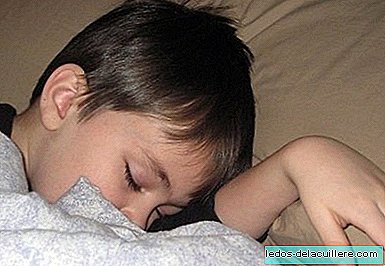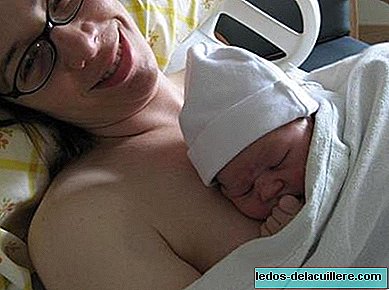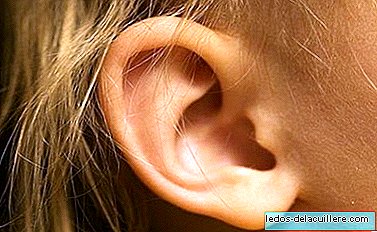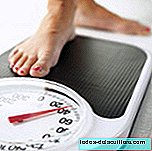
The Spanish Association of Pediatrics, the Spanish Sleep Society, the Spanish Society of Outpatient Pediatrics and Primary Care and the Spanish Association of Primary Care Pediatrics have prepared the report "Use of oral melatonin in pediatric age", in which they recommend supervised employment.
The report has been prepared in response to the increasing use of this product, which is marketed as a nutritional supplement in the child population beyond the cases in which its use could be indicated.
Remember that melatonin is a hormone It is found naturally in the body, but it can also be used as a medicine (usually synthesized artificially in the laboratory). Melatonin is usually used to adjust the body's internal clock, and in the case of children with sleep problems.
I knew that breast milk benefits the regulation of the baby's biological rhythms because it contains melatonin in concentrations that vary according to the time of day, but I did not know that it was a commercialized substance, much less that it was used more or less regularly to "regulate" the Children's dream
However, it seems that it is not an unusual issue, so specialists warn that there are no long-term data on the therapeutic and secondary effects of this product, so they consider that a healthcare professional should control the suitability of their administration in each case, the dose and the duration of treatment.
I think it's normal that, before the ignorance of many of its therapeutic effects and possible side effects, pediatricians and sleep specialists advise against the generalization of their clinical use in the treatment of sleep or insomnia in healthy children without medical supervision.
Scientific societies have established specific recommendations for different age groups (for example, do not use it in children under six months) and notes that
Given the diversity of functions and the lack of security of its use in the medium or long term, it is neither adequate nor healthy to increase, without indication and control, the recommended dose of melatonin, which ranges from one to three milligrams a day.
I find it difficult to understand that they try to provide medical (and non-medical) solutions to issues that in many cases do not have to be a problem, since waking up at night or finding it difficult to fall asleep is common. Another issue will be the true disorders that have to be properly diagnosed and treated by doctors, but I don't think they are so numerous.
In short, if any product we give our children for their health should be recommended or prescribed by specialists, in the same way The use of melatonin in children should be carried out under the control of the pediatrician of primary care and / or the sleep specialist doctor.












